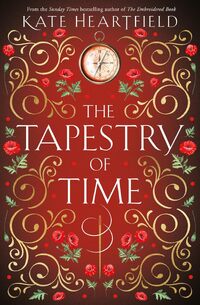

Purchase
Self, Senility, and Alzheimer's Disease in Modern America
Jesse F. Ballenger
A History
Johns Hopkins University Press
April 2006
On Sale: March 31, 2006
256 pages
ISBN: 0801882761
EAN: 9780801882760
Hardcover
Add to Wish List
Historical | Non-Fiction
Historian Jesse F. Ballenger traces the emergence of
senility as a cultural category from the late nineteenth
century to the 1980s, a period in which Alzheimer's disease
became increasingly associated with the terrifying prospect
of losing one's self. Changes in American society and
culture have complicated the notion of selfhood, Ballenger
finds. No longer an ascribed status, selfhood must be
carefully and willfully constructed. Thus, losing one's
ability to sustain a coherent self-narrative is considered
one of life's most dreadful losses. As Ballenger writes
"senility haunts the landscape of the self-made man." Stereotypes of senility and Alzheimer's disease are related
to anxiety about the coherence, stability, and agency of the
self -- stereotypes that are transforming perceptions of old
age in modern America. Drawing on scientific, clinical, policy, and popular
discourses on aging and dementia, Ballenger explores early
twentieth-century concepts of aging and the emergence of
gerontology to understand and distinguish normal aging from
disease. In addition, he examines American psychiatry's
approaches to the treatment of senility and scientific
attempts to understand the brain pathology of dementia. Ballenger's work contributes to our understanding of the
emergence and significance of dementia as a major health issue.
Comments
No comments posted.
Registered users may leave comments.
Log in or register now!
| 


 © 2003-2025 off-the-edge.net
all rights reserved Privacy Policy
© 2003-2025 off-the-edge.net
all rights reserved Privacy Policy